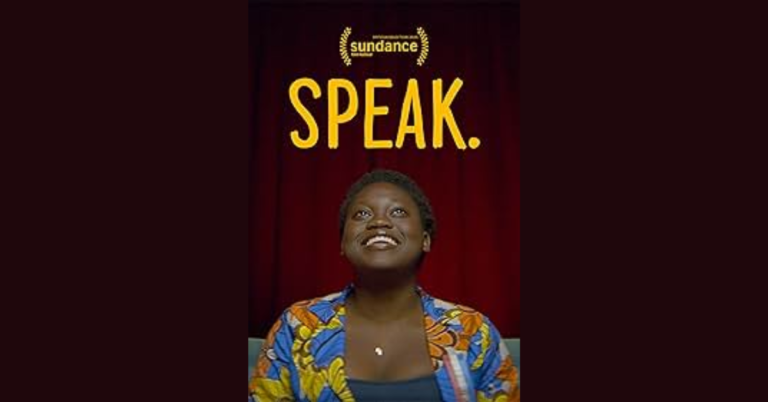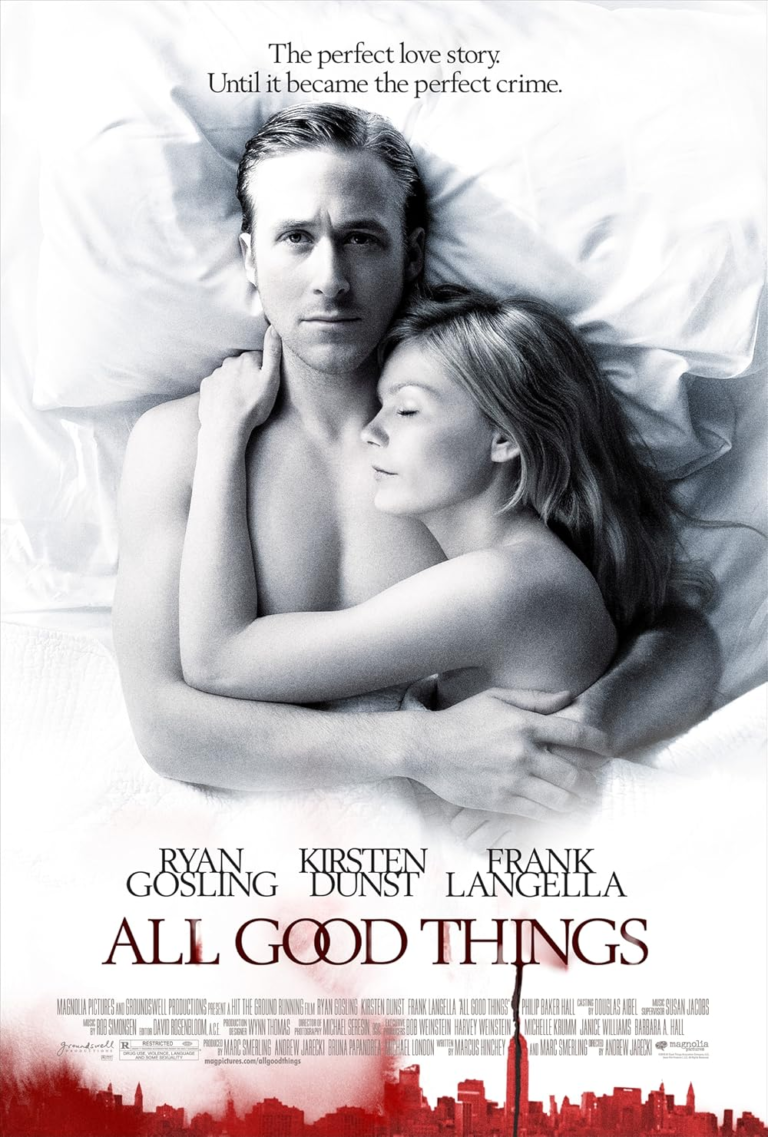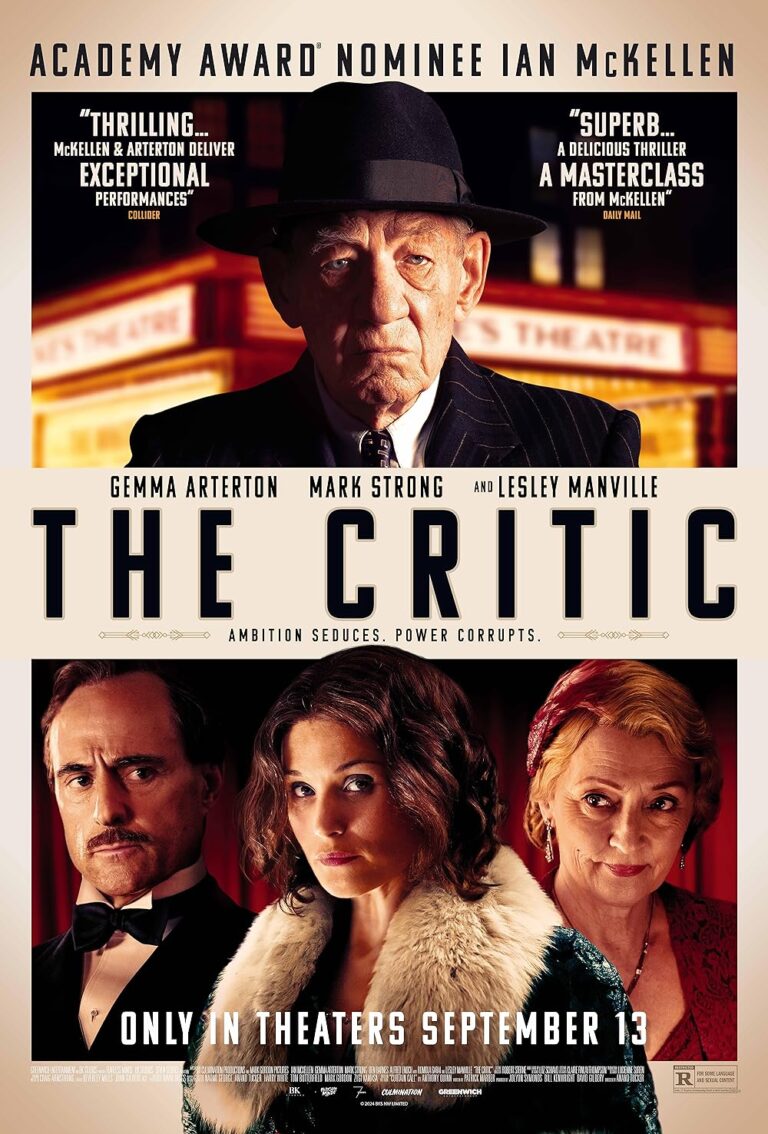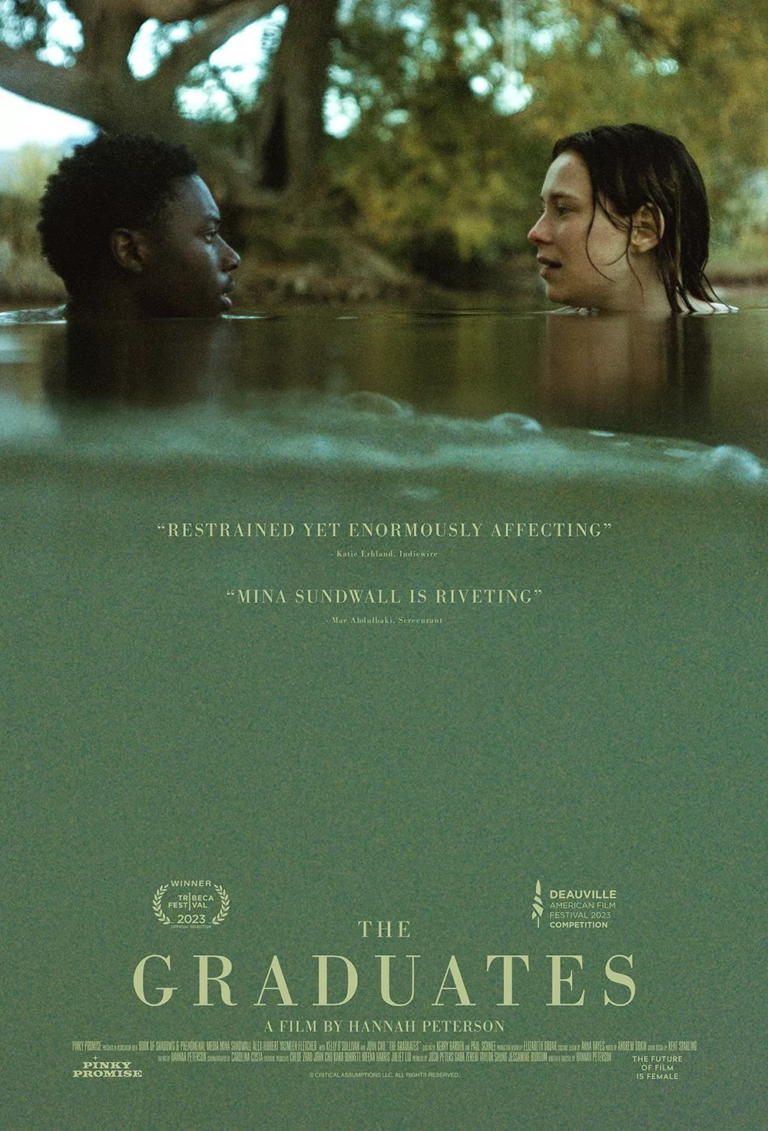The Piano Lesson Christian Review
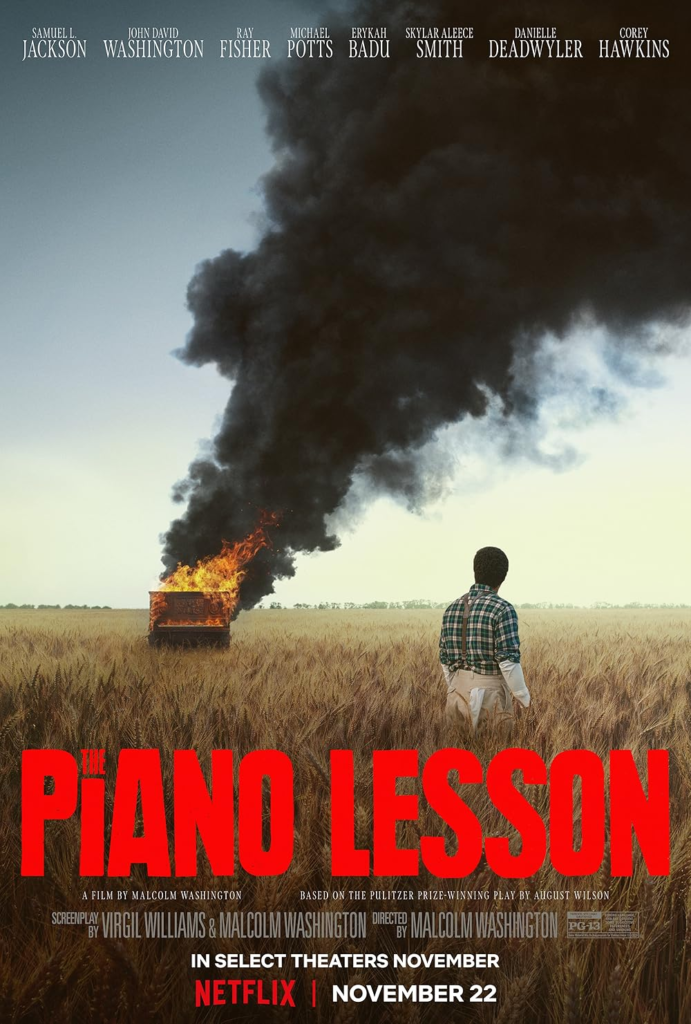
There’s something haunting, almost sacred, about the way The Piano Lesson unfolds on screen—a reverence woven through every scene like it’s all wrapped in memory, a testament to where we come from and the people we’re bound to by blood and time. This isn’t your typical movie experience. It’s a blend of the theatrical and the cinematic, pulling you in two directions at once, and it’s easy to see that August Wilson’s spirit looms large over every word, every beat, and every shot. Malcolm Washington, stepping out from his father Denzel’s shadow, somehow keeps that spirit alive, balancing respect for Wilson’s text with a fresh vision. He gives us something new, yet rooted in something so old, it feels like it’s existed forever.
Here’s where it gets tricky. Adapting Wilson isn’t like adapting any other playwright. His language isn’t just dialogue—it’s poetry, thick with the history and rhythm of African American life. And Washington doesn’t shy away from it; he leans in, letting the words breathe, letting them simmer. Sometimes, you can feel the weight of all that loyalty to the source material, almost to a fault. But maybe that’s the beauty of it. It’s a movie that, like the family piano it’s named after, carries the scars of its past with pride and without apology.
Danielle Deadwyler’s performance stands as the centerpiece of this adaptation. She doesn’t just play her character; she inhabits her, heart and soul. Every look, every gesture, every frustrated sigh, carries layers of meaning. Deadwyler’s character is a woman who understands the gravity of her family’s legacy but is torn between reverence and rebellion. She’s the sort who feels the ancestors breathing down her neck, who senses that pull to do right by them, yet struggles with it. There’s a fire in her eyes that speaks to the inner conflict she’s wrestling with—a need to both honor and distance herself from that family history. And you don’t just watch her—you feel her. She’s magnetic, both fragile and fierce, carrying that family piano like a cross, a burden, and a blessing all at once.
Then there’s Samuel L. Jackson. You might expect Jackson to dominate, to bring that trademark energy he’s famous for. But here, he pulls back. He lets the silence speak, his character a peacemaker in a house that’s tearing itself apart. It’s subtle, almost too subtle, but there’s something graceful in the way he lets others rise while he remains the steady anchor. Jackson’s portrayal feels like a respectful nod to Wilson’s world, a world that doesn’t need grand gestures or flashy acting to resonate. Instead, he plays his role like a whisper that fills the room, bringing out the music in Wilson’s words, as if he’s aware that sometimes, the quietest voices carry the most weight.
Now, Malcolm Washington, as a director, isn’t afraid to linger. In some ways, that’s what makes The Piano Lesson feel almost like a love letter to the stage play. The camera doesn’t dart or cut quickly; it holds, it waits, it lets scenes stretch out like a conversation with an old friend. There are times when you almost feel like you’re watching a live performance, like the film isn’t even trying to be a film but something in-between. This dedication to capturing the play’s essence gives the movie a strange, contemplative pace, which, depending on how you look at it, is either mesmerizing or maddening.
And it’s true—the movie sometimes struggles to break free from its stage roots. There are scenes where you feel the limitations of this reverence, where it feels a little too bound to the theater. This isn’t a movie that will grab you with action or sweeping scenery; it’s going to make you sit in a room and listen, almost like an act of respect, and sometimes that can be a hard ask. But what it lacks in pace, it makes up for in depth. It’s almost like Washington is saying, “I’m going to trust you to lean in and really listen.” And if you do, there’s a whole world in that room, wrapped in words and silences and the ghosts of generations past.
For anyone unfamiliar with Wilson’s work, this film might feel like being dropped into a family argument without a map. There’s this constant tug-of-war over what the piano means, what it’s worth, and who has the right to decide its fate. And maybe that’s the brilliance of it—it’s messy, unresolved, the kind of story that feels as alive as the people in it. The piano isn’t just an object; it’s a symbol of sacrifice, a reminder of the lives and loves that came before, of all the broken dreams and hard-earned victories that make up a family. And there’s a rawness in how this story confronts that legacy, how it forces you to think about what you owe to the people who came before you, and what you owe to yourself.
Washington’s directorial debut doesn’t reinvent Wilson’s work, but it doesn’t try to. Instead, it honors it, adding a few new notes here and there, expanding just enough to make it fit on screen. There’s a sense that he’s not out to prove anything, that he’s content to let Wilson’s words be the star, to let the actors do what they do best without forcing his own hand too much. It’s a humble approach, one that makes you feel like you’re in the hands of someone who respects the craft, who respects the weight of the story he’s telling.
In the end, The Piano Lesson is more than a film—it’s a meditation. It’s about faith, family, and the bittersweet burden of carrying on traditions that are as heavy as they are sacred. It’s about looking at where you came from and figuring out what to do with it all. The film won’t give you easy answers; it won’t wrap things up in a neat bow. Instead, it leaves you with questions, with a sense of something unresolved, a reminder that family and history aren’t things you conquer or complete—they’re things you live with, things you pass on.
So, if you’re looking for a high-energy, fast-paced story, this isn’t it. But if you want something that makes you sit and think, something that feels like it has roots reaching deep into the past, The Piano Lesson will give you that. It’s a story told in hushed tones and echoes, a movie that takes its time and invites you to take yours.
For the viewer who’s willing to lean in, to listen, The Piano Lesson is a reminder that some stories are worth that patience, that there’s beauty in honoring what came before, even if it weighs you down. And that’s the legacy of The Piano Lesson—a film that doesn’t just entertain, but that invites you to reflect, to remember, and maybe, in some small way, to honor your own history.

